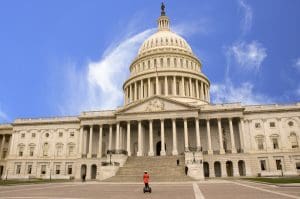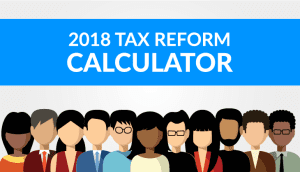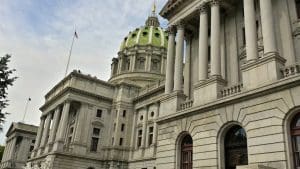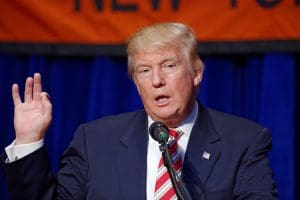The economic crisis caused by the coronavirus pandemic poses a triple challenge for tax policy in the United States. Lawmakers are tasked with crafting a policy response that will accelerate the economic recovery, reduce the mounting deficit, and protect the most vulnerable.
To assist lawmakers in navigating the challenge, and to help the American public understand the tax changes being proposed, the Tax Foundation’s Center for Federal Tax Policy modeled how 70 potential changes to the tax code would affect the U.S. economy, distribution of the tax burden, and federal revenue.
In tax policy there is an ever-present trade-off among how much revenue a tax will raise, who bears the burden of a tax, and what impact a tax will have on economic growth. Armed with the information in our new book, Options for Reforming America’s Tax Code 2.0, policymakers can debate the relative merits and trade-offs of each option to improve the tax code in a post-pandemic world.


The ‘Grain Glitch’ Needs to Be Fixed
The Tax Cuts and Jobs Act tax preference for farm co-ops would distort agricultural activity and create tax planning opportunities for wealthy taxpayers.
9 min read
Introducing the Tax Foundation’s Tax Reform Calculator
The Tax Foundation’s 2018 tax reform calculator shows you how the Tax Cuts and Jobs Act will impact take-home incomes, taxes owed, and more.
2 min read
The U.S.’s New Ranking on the International Tax Competitiveness Index
The TCJA is projected to improve the United States’ current ranking from 30th among the 35 Organisation for Economic Co-operation and Development (OECD) countries to 25th, an improvement of five places.
4 min read
Pennsylvania’s New Penalties on Investment Could Scare off Amazon, Others
While other states are working to promote growth, Pennsylvania is headed in the opposite direction with a policy that dramatically overtaxes investment.
4 min read

West Virginia Constitutional Amendment Would Roll Back Property Taxes on Machinery and Equipment
Governor Justice’s proposal to roll back West Virginia’s tangible personal property tax, a tax on equipment and machinery, is an opportunity improve the state’s outmoded property tax structure.
4 min read

President Trump Approves Tariffs on Washing Machines and Solar Cells
Tariffs on washing machines and solar cells, though designed to help U.S. manufacturing and protect consumers, will likely raise prices and distort markets.
3 min read
Washington Legislature Considers B&O Tax Surcharge
Legislation introduced in Washington State correctly diagnoses the problem with the state’s B&O tax, but the proposed remedy could use some work.
6 min read